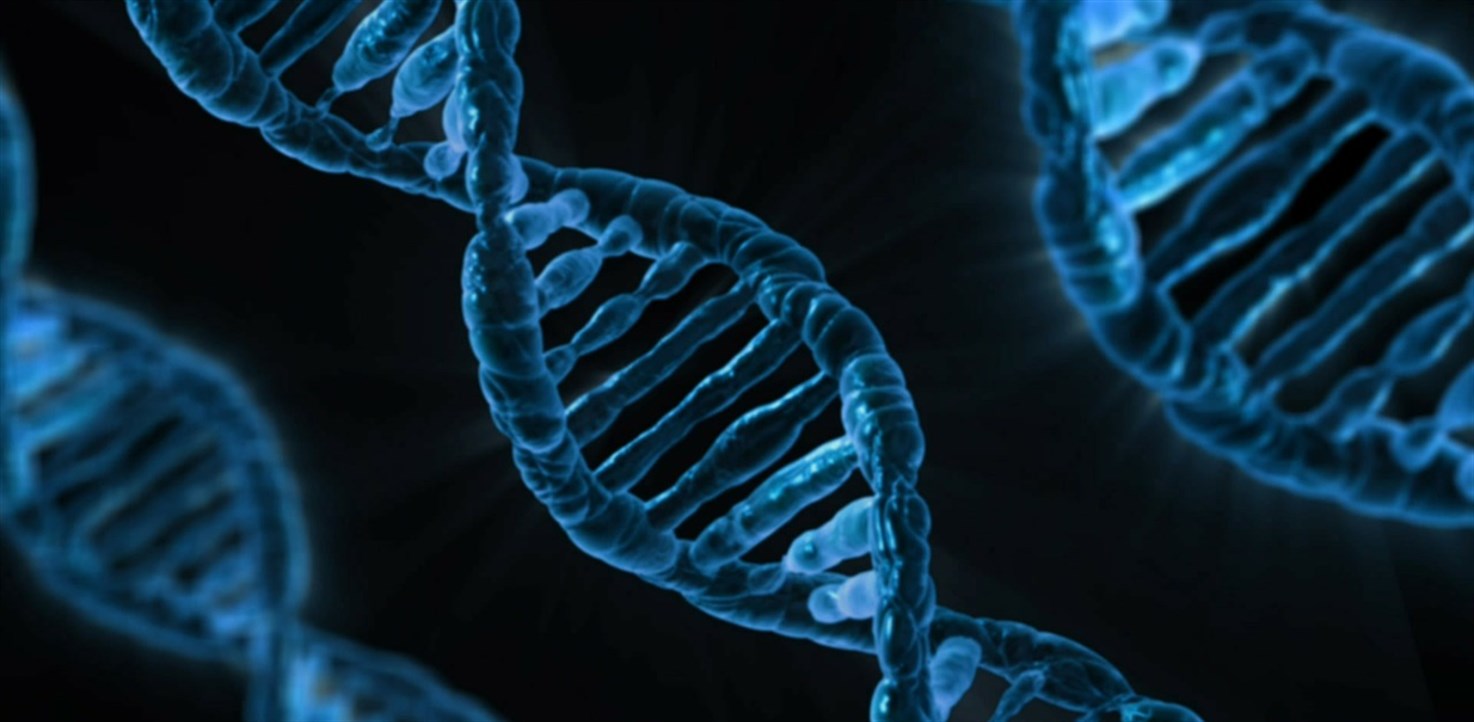Researchers from various institutions in Houston and across the nation have taken a comprehensive approach to evaluating how molecular changes in cancer cells play roles in disease development. The study, published in Cancer Cell, confirmed previously discovered cancer molecular changes as well as aided the discovery of others that had not previously been associated with cancer.
“A cellular pathway is a chain of events involving several proteins,” explained Dr. Chad Creighton. An associate professor of medicine and member of the Dan L Duncan Comprehensive Cancer Center Division of Biostatistics at Baylor College of Medicine, Dr. Creighton emphasize the importance of understanding how pathways, such as the closely inspected PI3K, and their mutations affect cancer is vital. The current study made use of laboratory data in conjunction with information about genes and proteins present in cancer cells to carry out complex analysis using powerful analytical tools, such as genomic analyses and protein data integration.
The judgement of which cancer mutations are most important is based on comprehensive analyses that allowed the researchers to distinguish which of the altered genes and proteins were more likely to affect the normal function of the PI3K pathway. The vast number of gene and protein alterations can make this analysis difficult, but researchers hope to overcome the challenge of figuring out which mutations alter pathways in manners that cause cancer and apply that knowledge toward personalize medicine.
Researchers are encouraged by the comprehensive nature of this project that integrated information from multiple levels. Ideally, the future of cancer medicine could involve labs running sequencing assays that identify the location of genetic changes from a patient’s tumor sample. Using the protein data, physicians could determine which changes affect the PI3K pathway, furthering their ability to make educated decisions on effective cancer drugs and treatment.
Precision medicine is the future, and at Baylor College of Medicine, the future is looking bright.
For additional information, access the following resources:
https://www.bcm.edu/news/cancer/cancer-study-personalized-medicine
https://www.cell.com/cancer-cell/fulltext/S1535-6108(17)30168-X




